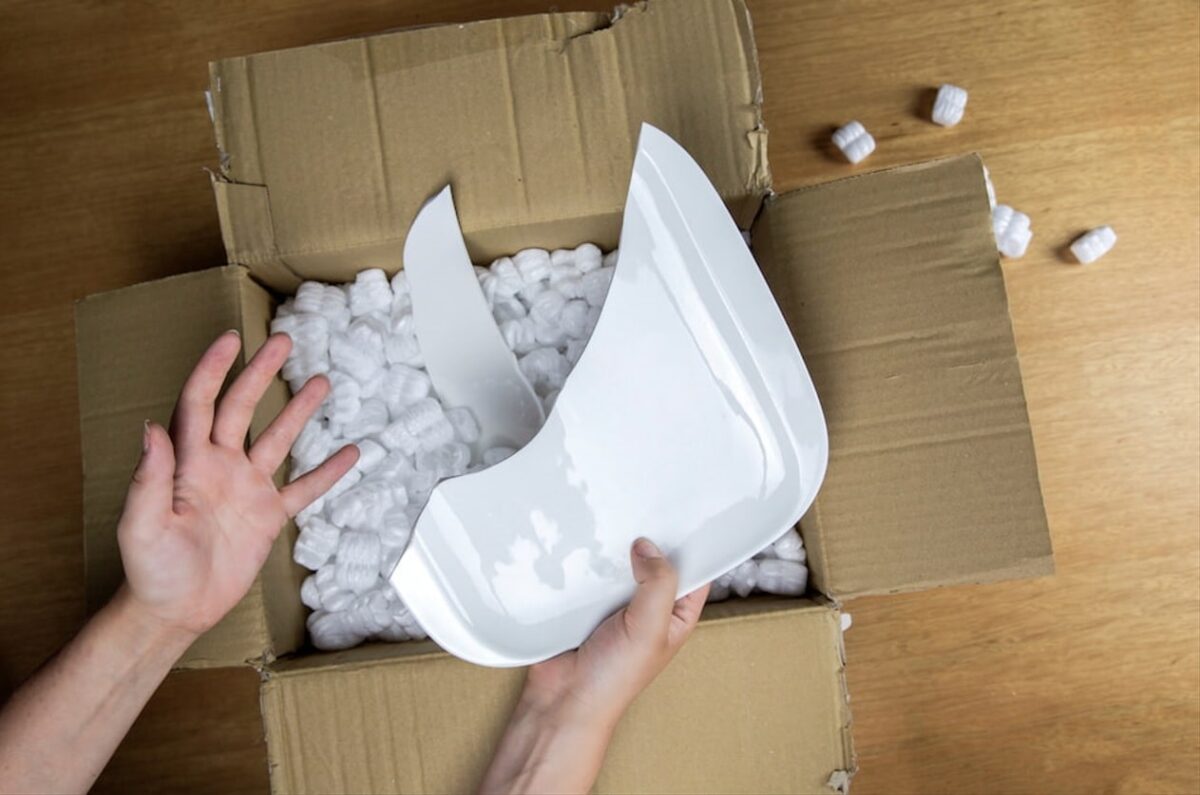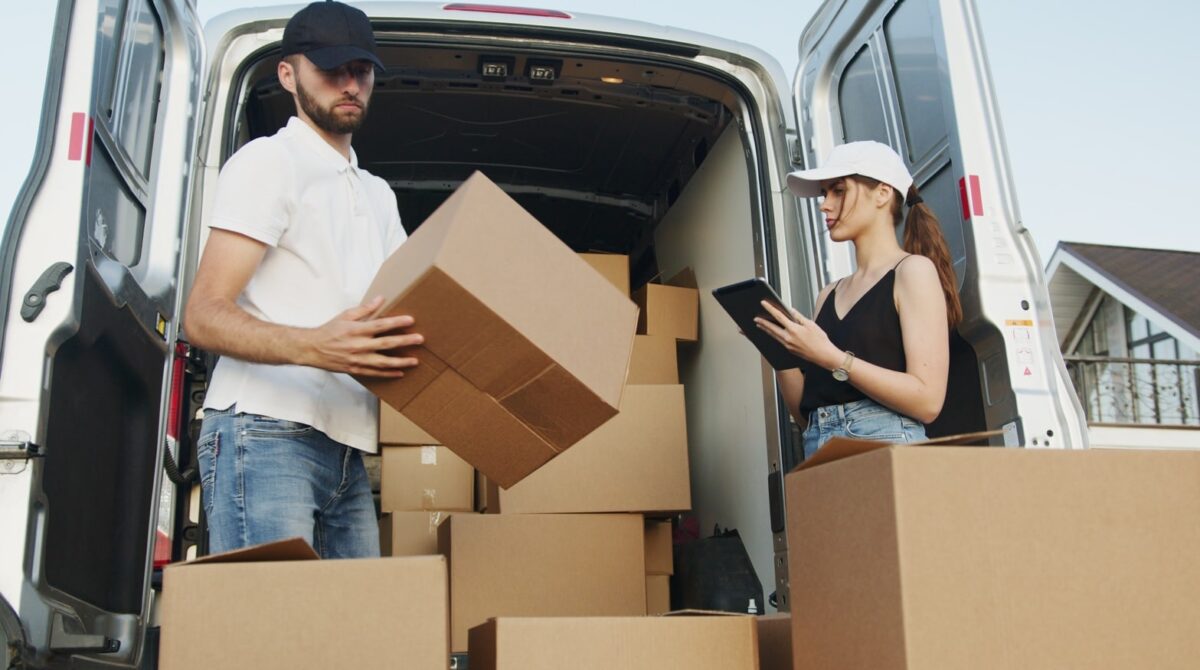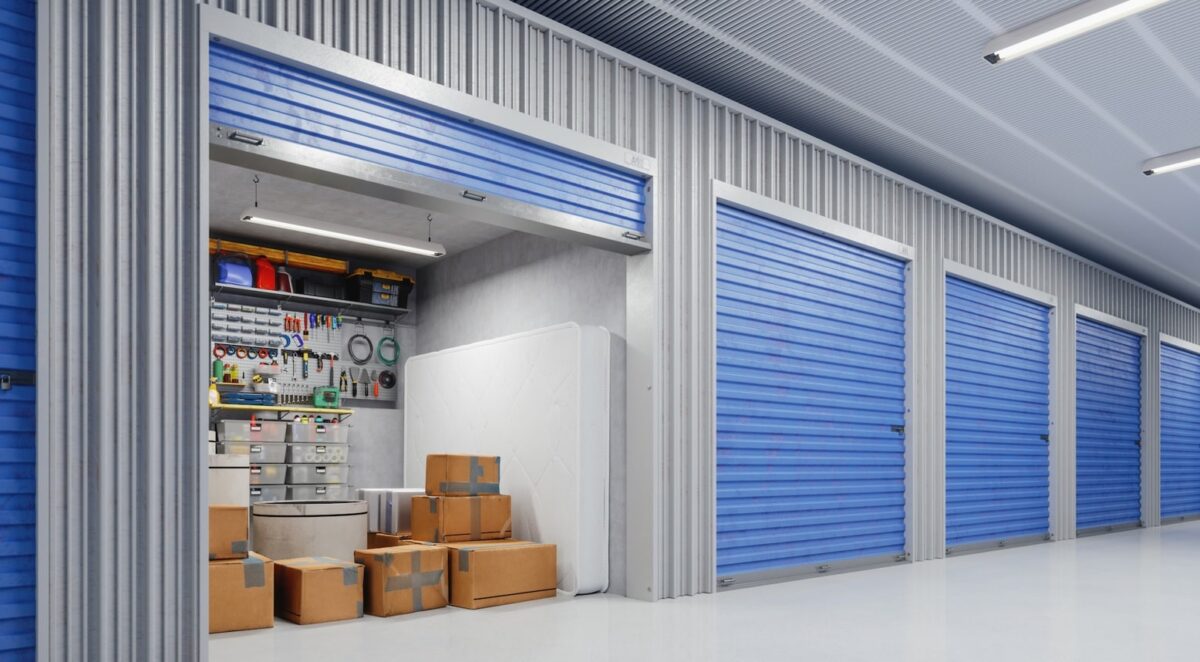Moving your belongings from your old home to your new one is a difficult process. You can only hope that everything arrives in one piece. While you’ll have better chances of a damage-free move when using professional NJ movers, there’s always the possibility that something could break. For a more stress-free move, you might consider purchasing moving insurance
What is Moving Insurance?
In simple terms, moving insurance is a protection plan for your belongings during a move. You generally have three available options:
- Released value protection – the most basic coverage protection.
- Full value protection – coverage for the full replacement of items
- Third-party insurance – more comprehensive coverage for a variety of potential issues
All moving companies are required by federal law to have released and full value protection. These aren’t technically ‘insurance’ (as moving companies cannot sell insurance) and instead are simply an amount of liability they will pay if they damage an item during the move, and thus don’t cover every potential problem overs m that might arise. Actual moving insurance is only available through third parties.
Which is Better: Valuation vs. Insurance
There is a fundamental difference between valuation and insurance, and that’s typically how much coverage it provides. Unless you’re getting the cheapest moving insurance on the market, third-party options tend to provide coverage for a wider variety of scenarios than valuation. More importantly, you can only get the valuations from the moving company that you hire. Different companies offer different types of valuations, so make sure to ask about their options before hiring them. With that said, the most common options are:
Types of Moving Insurance and Coverage Comparison
| Insurance Type | Coverage Limit | Cost Estimate | Ideal For | Notes |
|---|---|---|---|---|
| Released Value Protection | $0.60/lb per item | Free | Local moves, low-value items | Limited coverage, no liability if you pack yourself |
| Full Value Protection | $6/lb per item | ~1% of total item value | High-value items, long-distance moves | Movers repair, replace, or provide cash settlement |
| Third-Party Insurance | Varies by policy | $200+ | Expensive electronics, artwork, collectibles | Covers natural disasters, mold, pests, and transit accidents |
Released value protection
Covers $0.60 per pound per item for damaged goods. Best for short-distance/local moves with only a few high-value items. This valuation comes at no cost to you, so it’s a good way to save money if you’re on a tight budget. However, if something of high value does get damaged, you likely will only get a small pittance in return. As well, the coverage might be avoided if you pack your own things.
Full Value Protection
As the name suggests, full value protection provides more coverage than released value. While this will cost extra money, it offers a lot more coverage for your belongings. A common valuation for this option is $6 per pound per item. The movers will provide one of three options for damaged items:
- Repair it
- Replace it with something of equal current market value
- Cash settlement for the current market value of the damaged item
While it can cover higher value items that are worth $100 per pound or more, think fine china or electronics, you will need to inform the movers of each of these items in writing to receive coverage. If you don’t, then they can limit how much liability they take. Plan on using short-term storage? Use the one provided by the moving company. Your items will still be protected by the mover’s valuation as well as their own storage insurance. If you use a third-party storage solution and something gets damaged while in storage, the moving company will not be liable.
How much the coverage costs is dependent on the total market value of all your items. Most companies charge around 1% of the total value. This is perfect if you have a lot of expensive items you need to move and/or if you are moving long distance.
As good as full value protection might be, it still doesn’t cover everything, most notably things that are out of the mover’s control. This includes damages from natural disasters, fires, pests, mildew, mold, and more. And much like released value protection, if you pack the boxes, the movers won’t be held liable for any damage, as the damage could have been caused by your improper packing skills. That’s why you should request the movers to pack all your fragile items, so if they do get damaged during the move, you are not to blame!
Third Party Insurance
Unlike valuations, third-party insurance tends to provide greater coverage. Of course, you’ll need to shop around to find a policy that provides the coverage you want. For the most part, though, you’ll want something that covers damage from:
- Natural disasters
- Mechanical and electrical accidents
- Fires
- Mold and mildew
- Insects and pests
Your moving insurance coverage lasts up to 90 days if you need to store your stuff in your movers’ storage option. You can even extend it if necessary. However, if you plan on using self-storage, ask the company if they offer coverage, as many do not. Some policies you might want to consider include:
- Liability – compensates you for your loss on top released value protection
- Floater – applies to specific items like jewelry or fine china
- Special perils contents – applies to damage to specific items, sans breakables
- Trip transit – threats to your items while movers are in transit, mainly accidents caused by other people, automobile/personnel failure, or natural disasters
Insurance prices vary across the board and are based on the value of all your items, the level of deductible you choose, and the destination. With that said, you can expect to pay at least $200. If this seems too expensive, consider the cost of having to replace your electronics or artwork.
Types of Moving Insurance and Coverage Comparison
| Scenario | Released Value Protection | Full Value Protection | Third-Party Insurance |
|---|---|---|---|
| Electronics damage | Minimal coverage | Repair, replace, or cash settlement | Full replacement + accidental coverage |
| Fine china breakage | Minimal coverage | Repair or replace | Repair or replace + extra perils |
| Mold or mildew | Not covered | Not covered | Covered |
| Natural disaster | Not covered | Not covered | Covered |
| DIY-packed box was damaged | Not covered | Not covered | Sometimes covered (depends on policy) |
Do You Need Moving Insurance?
Ultimately, the decision requires you to take stock of your items and figure out the value of everything. While professional movers do their best to get everything to your new place without a scratch, there’s always the possibility that something might get damaged. If you’re not moving very far or very much, you can probably get away with the released value protection and save yourself a few hundred dollars. However, investing in full valuation protection and/or third-party moving insurance might be the better option if you have a lot of valuable items. And while it might add to your moving budget, it could save you a lot of money should something happen. Of course, the hope is that everything arrives intact at your new home, but you can at least have peace of mind when you purchase insurance that you’ll be able to receive some help.
If you’re ready to make your NJ move, make sure to work with professional NJ movers, as they can provide you with information on their valuations and even recommendations for moving insurance.
FAQ
How long do I have to make an insurance claim?
You want to send in the claim as soon as possible for best results. Still, you generally have around 9 months to send in all the information.
What do I need to file a claim?
You must first provide proof that you own the items that were lost/damaged. If the items are damaged, you must provide proof that they were not damaged beforehand. That means you’ll need to plan ahead and take pictures of everything you own before it gets packed up. You should also create a comprehensive inventory that lists every item you own along with the value.
What happens if I do the move myself?
There may be some moving insurance that covers a DIY move, but in general, moving insurance policies only cover damages done by movers. Check your homeowners or auto insurance policy to see if it offers limited coverage of your belongings. If you use a truck rental company, they might offer insurance that protects the vehicle and your items.



